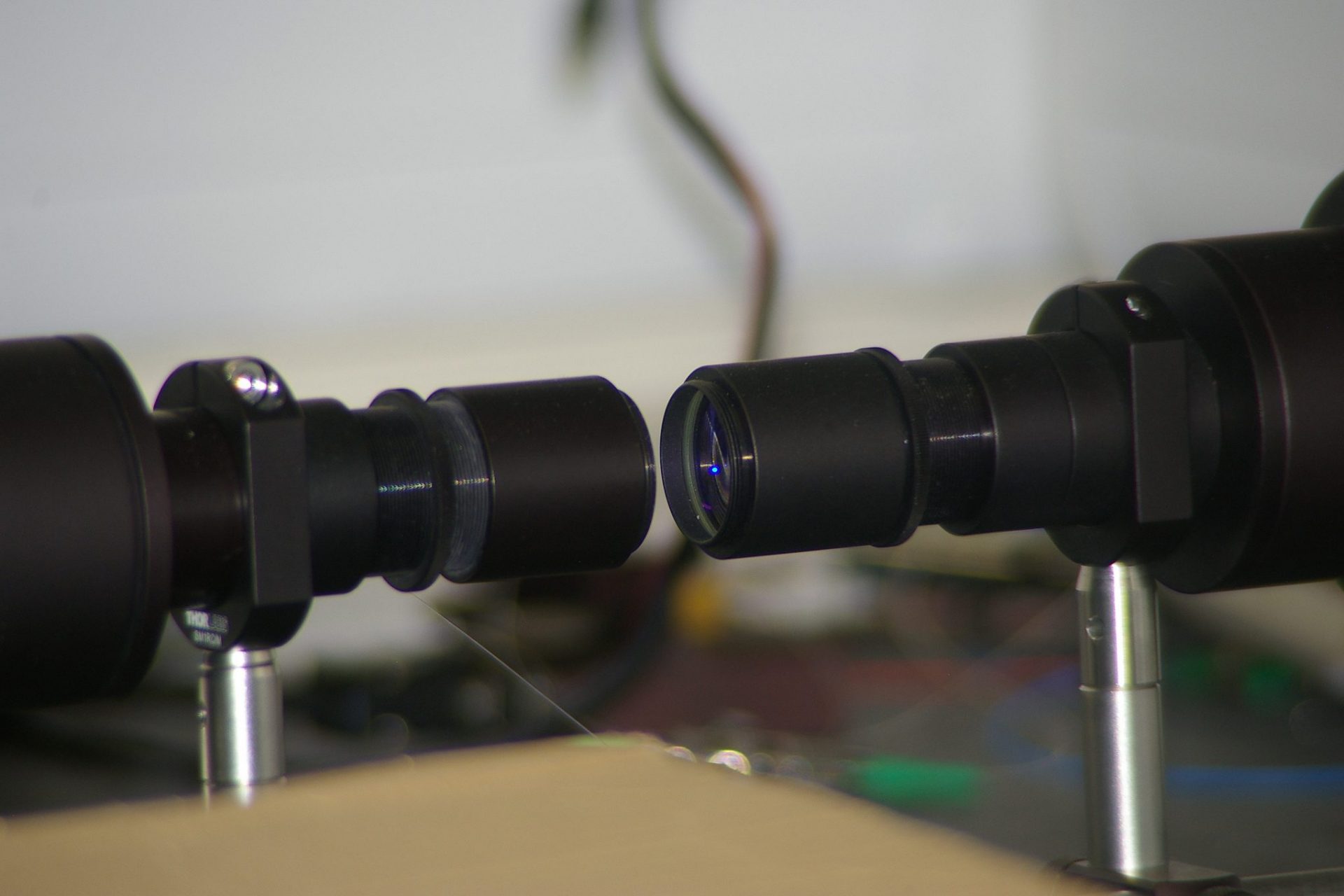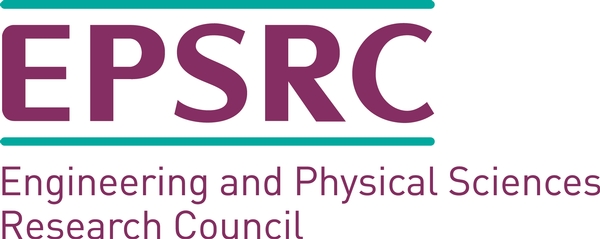
Researchers in the School of Physical Sciences have been awarded an impressive grant from the Engineering and Physical Sciences Research Council (EPSRC).

The grant project is titled “REBOT: Robotic Endobronchial Optical Tomography” and will be exploring innovative solutions for diagnosing lung cancer.
Lung cancer is the most common cause of cancer death in both men and women worldwide, with almost 40,000 deaths in the UK each year. Image-based screening, such as CT, is known to decrease these mortality rates by identifying possible early-stage cancer.
However, to reach peripheral-nodules, where most early-stage lung cancer is found, there is a pressing need for the development of fully steerable robotic mini-probes. These would be able to extend the reach of current bronchoscopes and allow navigation through the complex structures of the distal bronchi.
Furthermore, complementing biopsies with high-resolution optical biopsy techniques, such as optical coherence tomography (OCT) and fluorescence imaging, would reduce invasiveness and provide real-time information to aid diagnosis.
The project aims to develop robot-guided endobronchial OCT and fluorescence imaging to allow multi-modal visualisation of the morphological and cellular details of the distal airways. A robotically steered endobronchial catheter, deployed through the working channel of a bronchoscope, will allow access to remote lung nodules, firstly for imaging and subsequently for biopsy and intervention.
Professor Adrian Podoleanu (Principal Investigator) and Dr Adrian Bradu (Co-Investigator), part of the Applied Optics Group at the University, will be collaborating with researchers in optical imaging, robotics, and endobronchial intervention, including Professor Guang-Zhong Yang, Director and co-founder of the Hamlyn Centre for Robotic Surgery, Imperial College (London).
Dr Bradu said: “The project will certainly offer new insights into the fascinating world of empowering our capabilities with intelligent and multifunctional tools to understand the diseases of the lung. We hope to bring our modest contribution to the advancement of OCT in a challenging environment.”